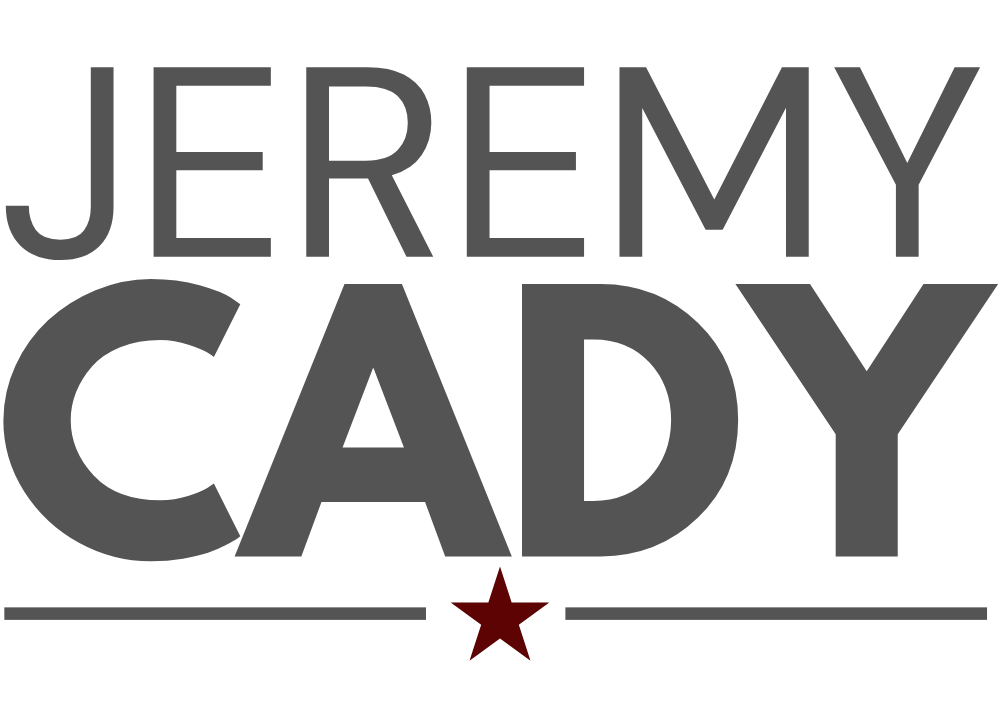Missouri Doesn’t Need Stadium Subsidies. It Needs a Free Market.
When the government uses its power to benefit a select few, it abandons its responsibility to protect a fair, competitive market. It ceases to be a referee and becomes a partner in cronyism.

As lawmakers consider a special session to revisit stadium funding for the Kansas City Royals and Chiefs, one thing is clear: billionaires don’t need taxpayer help.
A year ago, Jackson County voters sent a strong message by rejecting a stadium sales tax. That wasn’t a public relations hiccup — it was a principled stand.
Taxpayers said no to subsidizing private profits. The proper response isn’t to double down in Jefferson City — it’s to respect the role of government and stay out of the business of corporate favoritism.
When the government uses its power to benefit a select few, it abandons its responsibility to protect a fair, competitive market. It ceases to be a referee and becomes a partner in cronyism.
As Frédéric Bastiat once warned, “Government is the great fiction through which everybody endeavors to live at the expense of everybody else.” That fiction becomes reality when billion-dollar sports franchises are handed sweetheart deals that working families and small businesses will never see.
Markets only work when competition is honest and voluntary — not when state lawmakers hand out economic privileges like party favors.
Proponents claim that stadium subsidies are about “economic development.” If that’s true, then why limit the deal to sports owners? Why not offer the same breaks to every farmer, welder, mechanic, barber, and small-town entrepreneur in Missouri?
The reason is simple: these deals are not about development — they’re about political connections. If a government benefit is only available to the well-connected and the wealthy, then it isn’t development. It’s favoritism.
The promise of economic return from stadium subsidies is a myth — and it has been thoroughly dismantled by economists, think tanks, and public policy experts alike.
A comprehensive review by Dennis Coates and Brad R. Humphreys for the Mercatus Center found no consistent evidence that stadiums or sports franchises contribute to economic growth. Their analysis concluded that publicly financed stadiums “have not led to significant increases in income, employment, or tax revenue.” In other words, they don’t work.
The Cato Institute echoes this. In Sports Pork: The Costly Relationship between Major League Sports and Government, Raymond J. Keating tracked over $14.7 billion in subsidies for major league facilities and concluded that the lone beneficiaries were team owners and players — not taxpayers.
Even the Federal Reserve Bank of St. Louis has weighed in. In a 2017 Page One Economics report, the Fed noted that 83% of economists agree stadium subsidies cost taxpayers more than any local benefits they generate. The report highlighted the opportunity cost of these projects — how stadium funding displaces investment in schools, roads, or tax relief, which offer far better long-term returns.
We’ve seen these failures in Missouri:
- Edward Jones Dome: Taxpayers paid $720 million in construction and maintenance costs — only for the Rams to leave St. Louis in 2016, stranding the city with debt and no team.
- Busch Stadium: Though more successful in retaining the Cardinals, public subsidies primarily benefited the team’s owners, not the broader economy. The stadium generated concentrated wealth but failed to deliver citywide prosperity.
As the Show-Me Institute puts it: “We know that these subsidies fail to generate a return on investment for taxpayers. They don’t drive economic development and their economic impacts are overstated.”
Redirecting consumer spending from one part of the city to another isn’t economic growth — it’s a shell game.
A functioning market rewards smart risk-takers. If a sports team wants to build a new stadium, let them pitch it to investors — not lawmakers.
The entire premise of capitalism is risk and reward. If an investment fails, the investor loses. If it succeeds, they win. But when the state steps in, the taxpayer shoulders the risk, and billionaires still collect the profit.
That’s not capitalism. That’s corporate welfare.
Missouri doesn’t need more government handouts. It needs a freer economy.
Real economic development happens when government focuses on creating a fertile environment for all Missourians to thrive — not when it tries to pick winners from a Capitol office.
Instead of subsidizing billionaires, let’s:
- Repeal the state income tax to attract new investment and grow wages.
- Eliminate occupational licensing barriers so more people can enter the workforce.
- Pass the Missouri REINS Act to rein in unelected bureaucrats and restore accountability.
- Cut red tape and regulations that strangle innovation.
These reforms would unleash opportunity across the state — not just in skyboxes and luxury suites.
Voters already said they don’t want to subsidize corporate profits. They’re right.
The legislature should focus on reforms that benefit every Missourian — not carveouts that benefit a few. We should stand for free markets, equal opportunity, and respecting taxpayers — not make special deals for sports teams.
If we want Missouri to prosper, we don’t need another stadium subsidy. We need a freer economy.
Sources:
- Missouri Independent: Missouri governor will call lawmakers back into session for Royals, Chiefs stadium funding
- Cato Institute: Sports Pork: The Costly Relationship between Major League Sports and Government
- Cato Institute: Surprise! Stadiums Don’t Pay, After All
- Mercatus Center: Quotable Quotes: Stadium Subsidies are a Terrible Investment for Taxpayers
- Mercatus Center: Growth Effects of Sports Franchises, Stadiums, and Arenas
- Show-Me Institute: Downtown Baseball? Show Us the Research
- Show-Me Institute: Missouri Must Protect Taxpayers from Sports Subsidies
- Federal Reserve Bank of St. Louis: The Economics of Subsidizing Sports Stadiums

